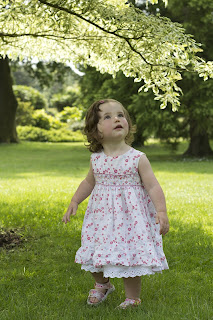For men were first led to study philosophy, as indeed
they are today, by wonder.
(Aristotle, Metaphysics 982b, tr. A.E. Taylor)
(Aristotle, Metaphysics 982b, tr. A.E. Taylor)
For
Aristotle, this kind of wonder was a feeling of being perplexed, a
questioning that would lead to knowledge and wisdom. I like this kind
of wonder, that causes questions and inquiry. It can lead to
experiments, creativity and innovation. It can be the spark that
generates great ideas, new ways of thinking and living.
More
recently I have been taken with a different kind of wonder. The kind
that makes you pause, sit up and say ‘Wow.’ The kind that is so
often associated with children when they discover something new.
Their eyes are transfixed; some kind of miracle has occurred and they
delight in being part of this experience.
It
has
been one of those weeks that has found me grumbling about a variety
of things. A friend of mine was out and about exploring new places in
her local area. She said, ‘When you are looking for goodness you
see it everywhere.’ When I read my friend’s thoughts it made me
think, what am I looking for? It’s so much easier to grumble or
complain, but what do I miss when I
am focused on the negative?
Wonder
is associated with childlikeness and perhaps seen as a bit naïve, but
wonder can have a transformative effect. It allows us to be fully
present – we are lost in the moment of awe and admiration. We allow
ourselves to be fully there not worrying about the future or dwelling
on the past.
Sitting
in the shade in a friend’s garden, someone commented about the
birds overhead. As we looked up, we saw birds of prey soaring above
us. It was an opportunity to marvel at the gift of flight, freedom,
the beauty of their wing spans and the majesty of their
ascension. Our senses were captivated
and our vision expanded. Wonder invites us to look beyond ourselves.
Most
dictionary definitions include the word astonishment in their
explanations. Whilst this is true, wonder can be broader than those
sights that make us gasp. It can be noticing the detail of the
everyday. Observing something new about an item that we have
previously failed to see. It doesn’t have to be within nature,
although that is an obvious place to look. I am enjoying
particular
lines in the novel I am reading. The images that are conjured up by
just one line of well crafted words. I read them again. It brings
enjoyment and inspiration.
The
heat and sunshine call for us to slow down. It
is
the perfect opportunity to change perspective. To consider what we
are looking for and how we are looking at what is before us. There is
an invitation to look a little closer, a little deeper, for a little
longer and embrace the now of wonder.







